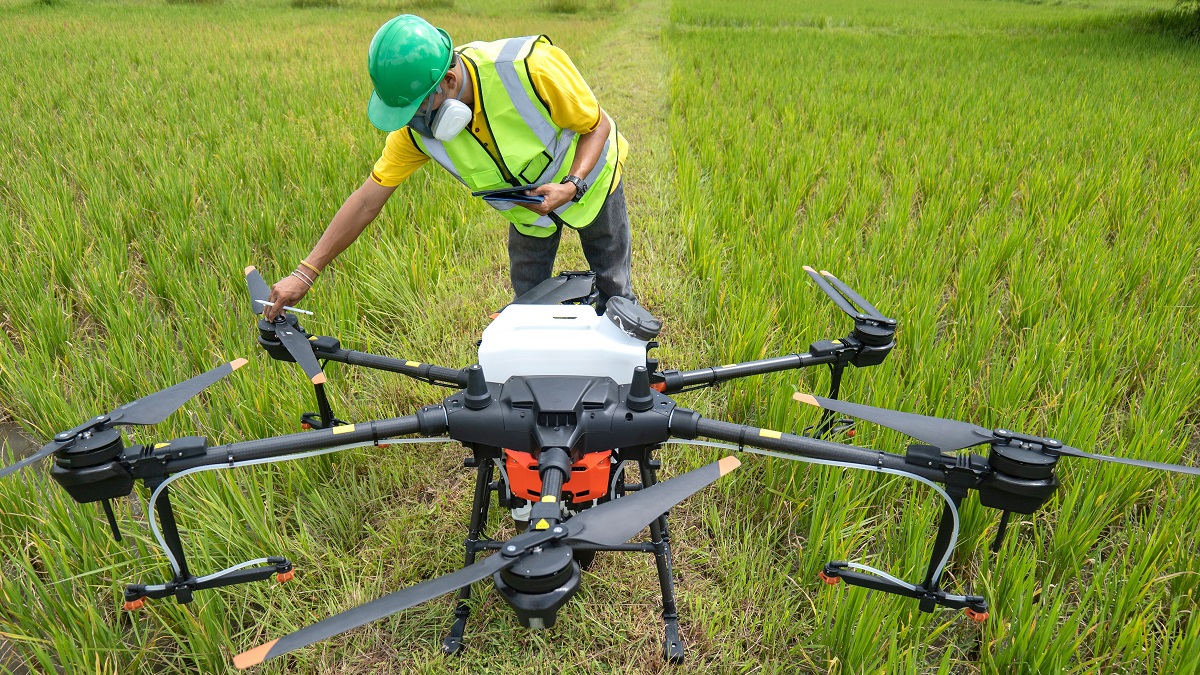New technology platforms and private sector innovations are helping Nigerian farmers improve productivity and access markets more efficiently.
Mobile applications now offer farmers up-to-date market prices, weather forecasts, and direct connections to buyers, reducing their reliance on middlemen. AI-powered cropland mapping tools are also enabling better planning at the national and state levels.
One notable example is AFEX, Nigeria’s first licensed private commodity exchange, which serves more than 500,000 smallholder farmers. The exchange provides storage facilities, warehouse receipt financing, and transparent price discovery, helping farmers sell their produce at competitive rates while reducing post-harvest losses.
Digital innovations are also supporting climate-smart agriculture. Farmers are using precision farming techniques, drip irrigation, and improved seeds to adapt to changing weather conditions. These tools are not only boosting yields but also making farming more sustainable in the face of environmental challenges.
Despite the progress, barriers remain. Many farmers still lack access to affordable financing, modern machinery, and reliable infrastructure. Experts say combining tech-driven solutions with structured government support—such as the Nigeria–Brazil mechanisation plan—could accelerate the sector’s transformation and position agriculture as a driver of economic growth.





